COS News
News
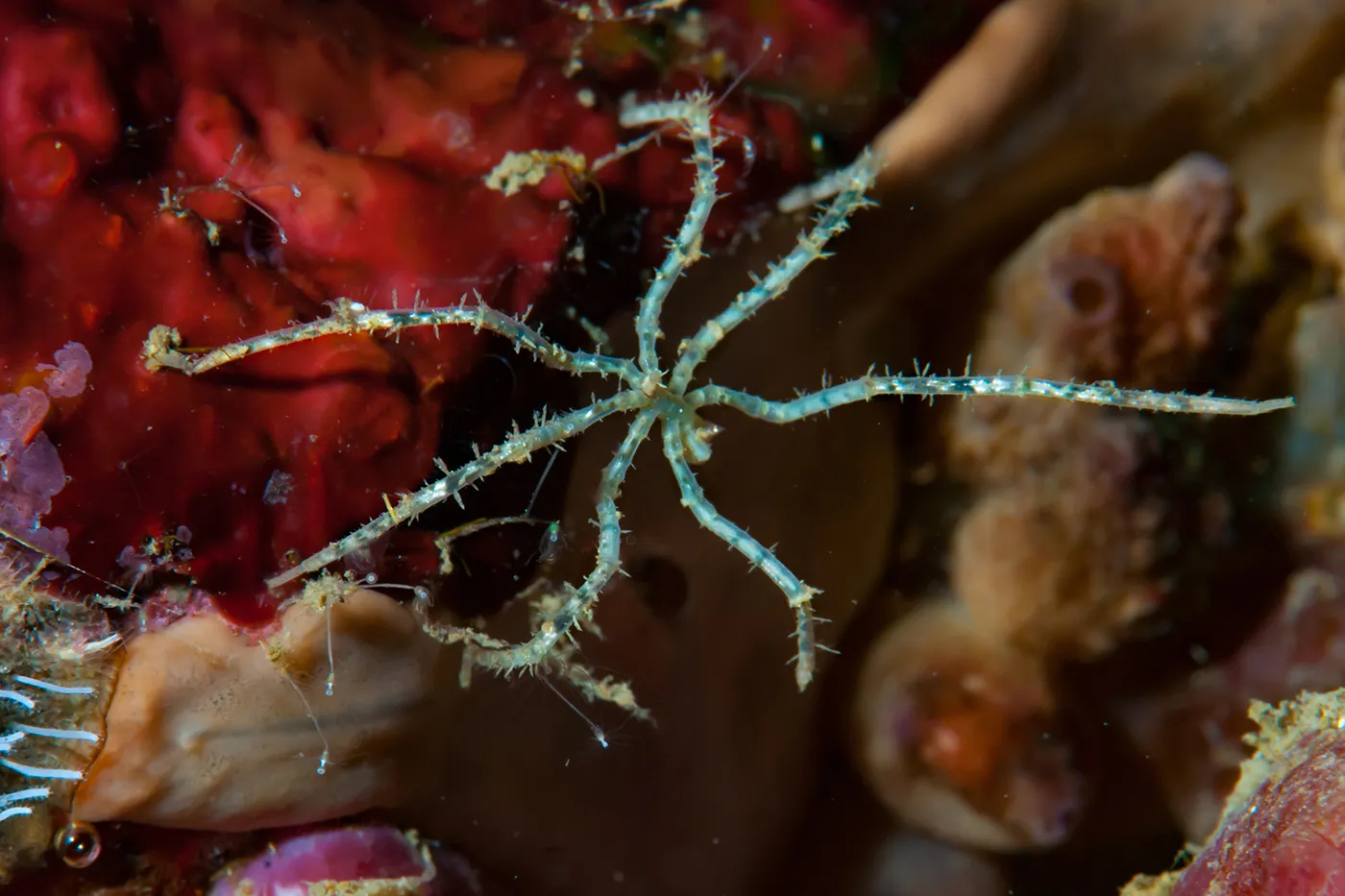
Connie Phong wants to know how an animal adapted to live in a highly specialized environment — just below the freezing point for seawater — responds to warming oceans.
How Northeastern scientists are using Antarctic sea spiders to study life on the edge
News

Fleury Augustin Nsole Biteghe has identified a way to target two of the deadliest cancer types with chemotherapy drugs but without the harms associated with chemotherapy.
Northeastern researcher uses light to target and kill cancer cells
Showing 165 results in Chemistry and Chemical Biology
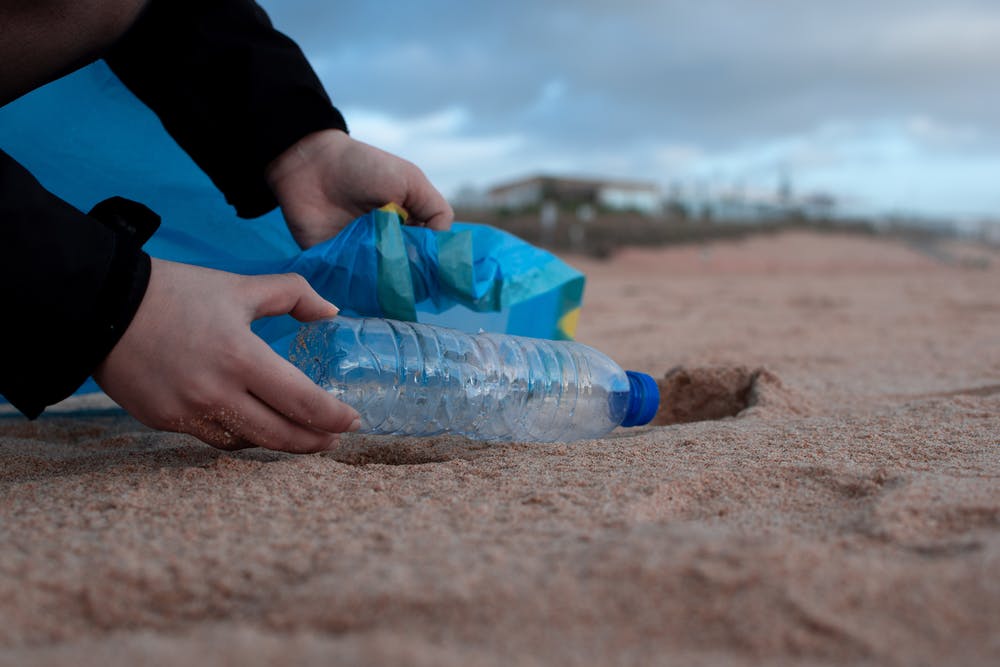
College of Science Connects: The Plastics Problem
Hear from Professor Aron Stubbins and students to discuss the interactions between humans and the environment. Explore the global cycle of plastics, the processes that breakdown plastics in the environment, and the ecological and human health implications of plastics and their by-products. Discover new innovations that may be instrumental in finding solutions to […]
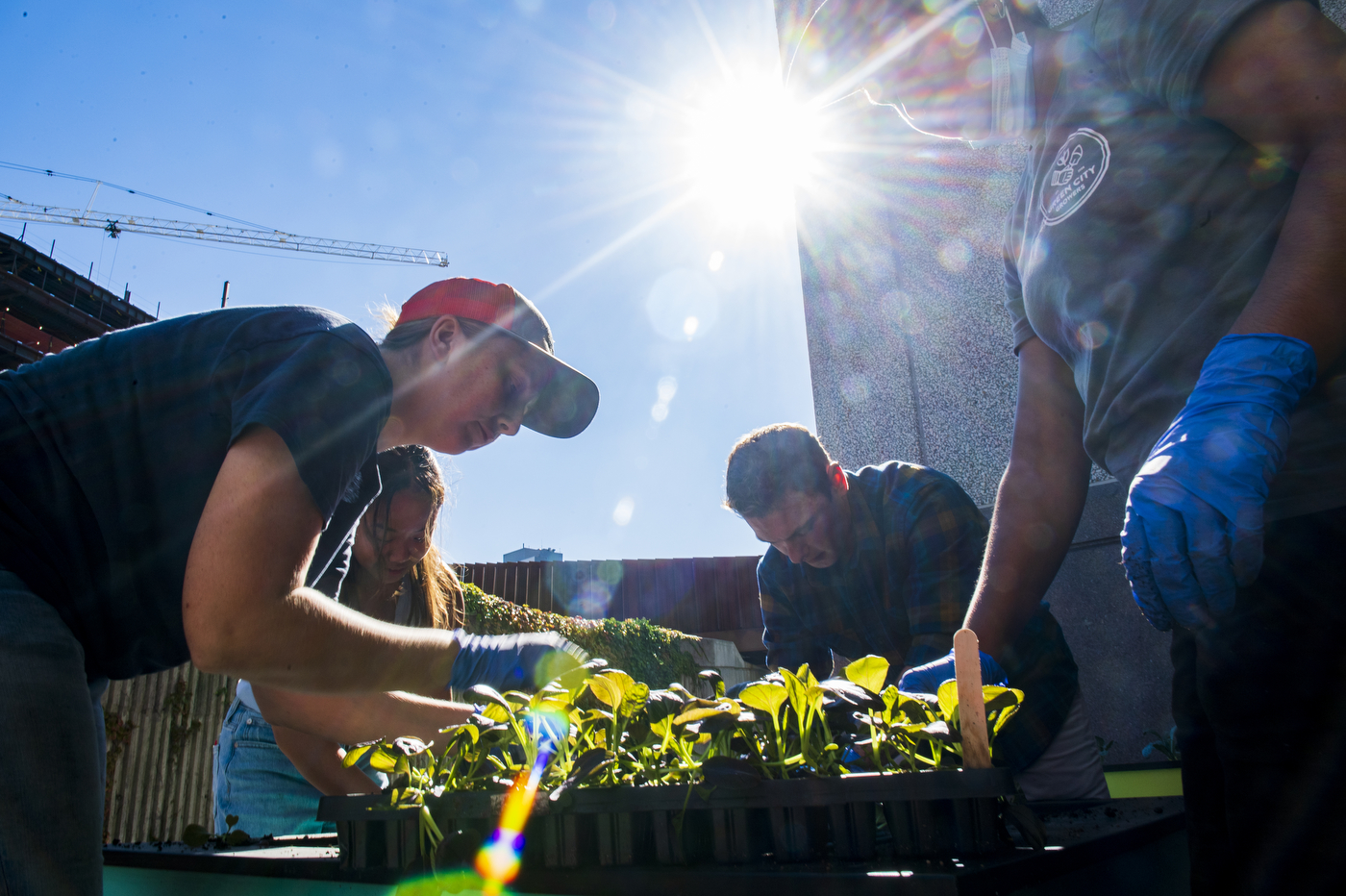
A vegetable garden grows on the Boston campus
New vegetable garden is growing at Northeastern's Boston campus, with participants from all academic backgrounds.
Q&A with Marla Glean, MS Biotech
Marla Glean does a Q&A feature describing her experience as a Master's student in Biotech.

Q&A with Mehak Gupta, MS in Biotechnology
Biotech student does a Q&A session explaining her experience as a Master's student at Northeastern.
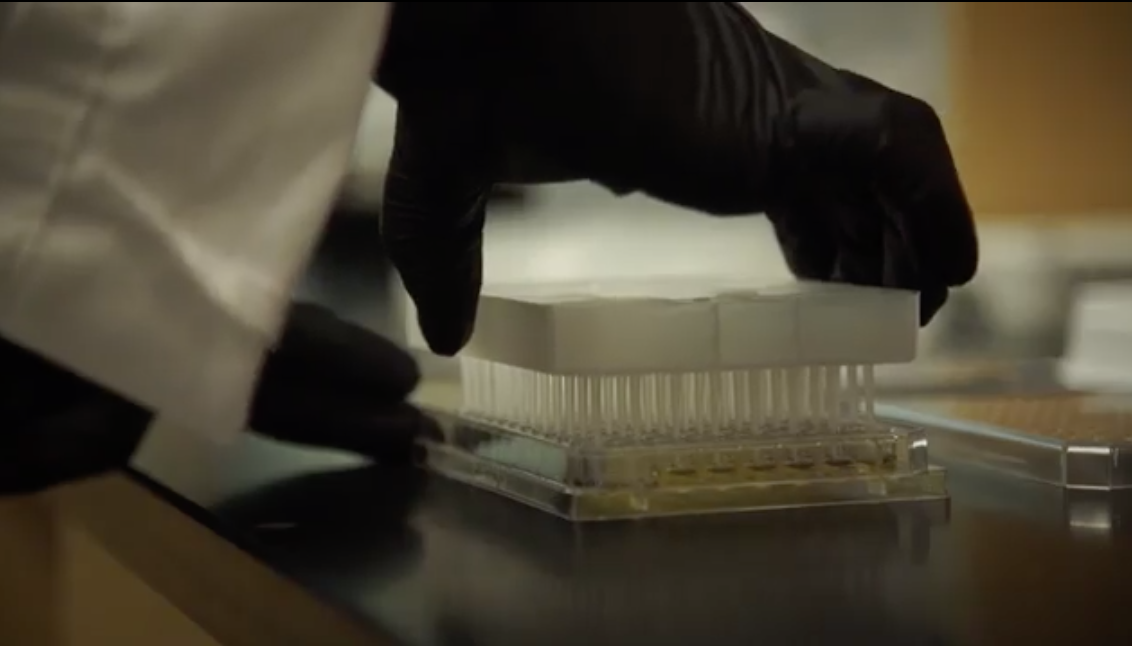
Q&A with Yash Shrinivas Bichu, MS Biotech
Q&A with Biotech graduate student.
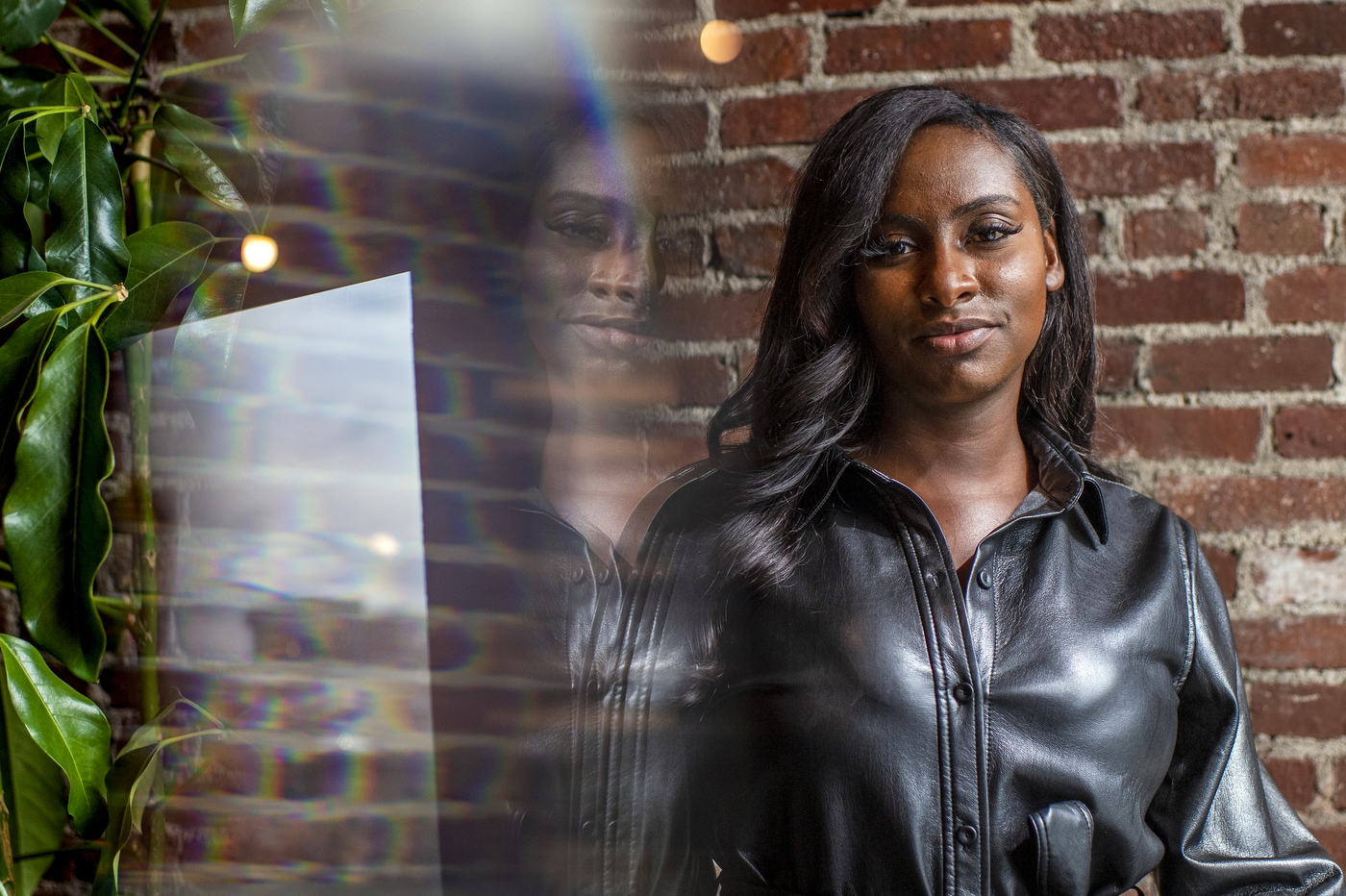
How the natural pigments in marine life inspired a beauty products startup
Camille Martin, PhD and assistant professor of Chemistry, Leila Deravi, developed Seaspire Skincare, a beauty product line drawn from marine ecosystems.
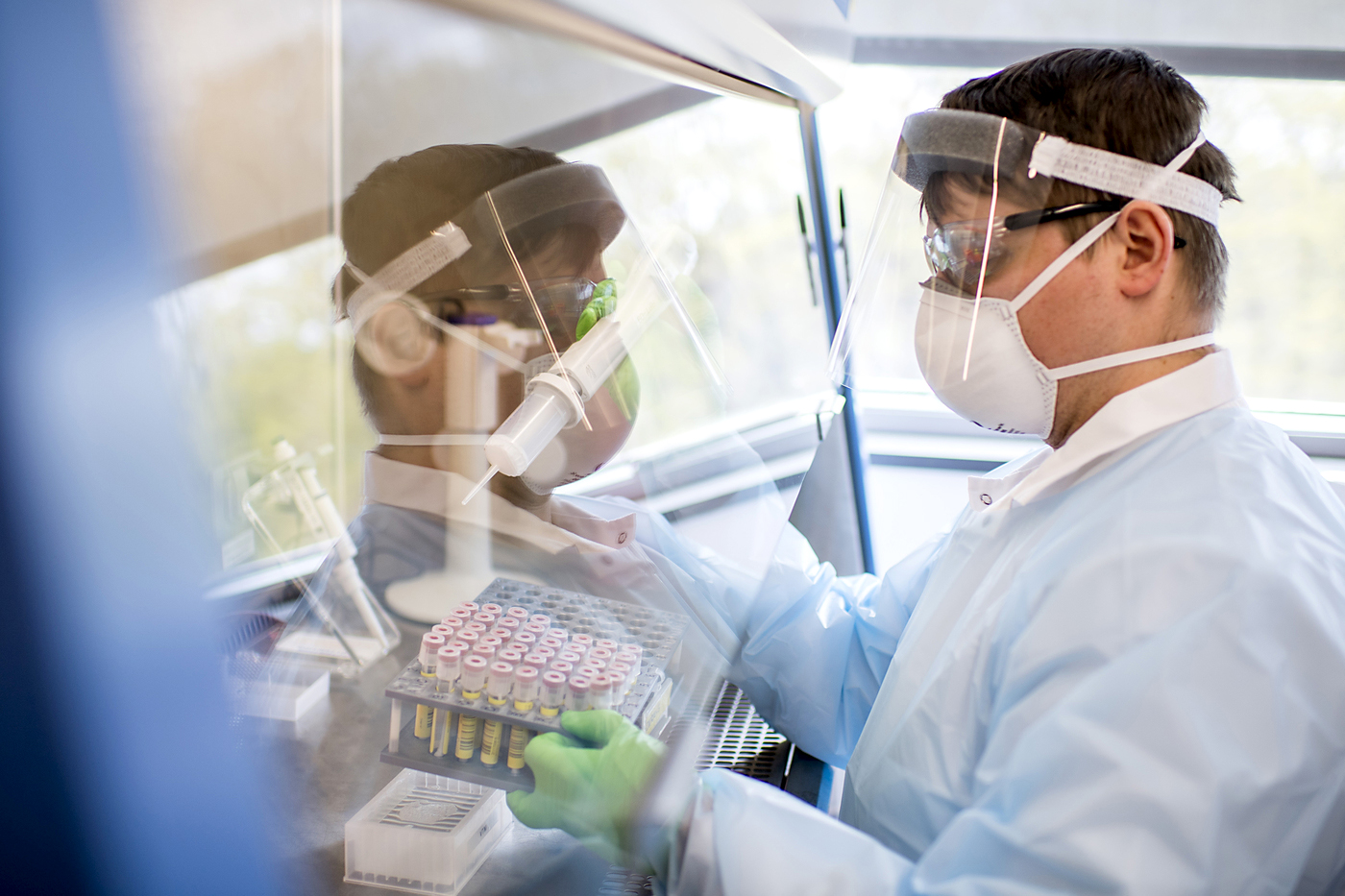
Here’s how Northeastern is keeping an eye on possible Covid-19 variants on campus.
In order to keep the Northeastern community safe, the Northeastern Covid-19 testing facility will implement additional testing for positive patients to track and monitor possible variants.
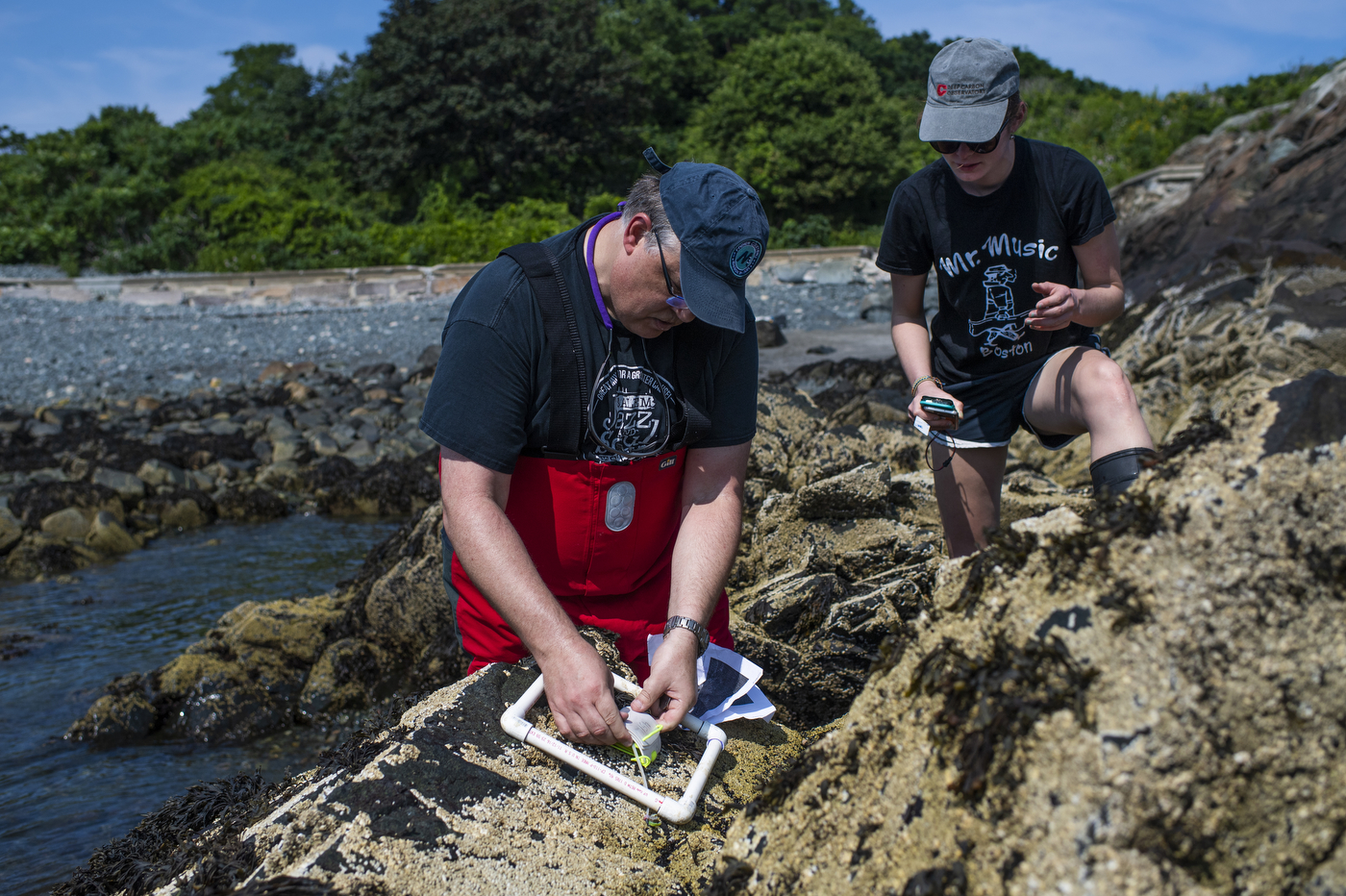
When a heatwave comes, this scientist takes a shellfish’s perspective
Brian Helmuth, marine science and public policy professor at Northeastern, and his team built "robomussels" and other temperature loggers in an effort to find refugia for the mussels dying as a result of record-setting heatwaves.
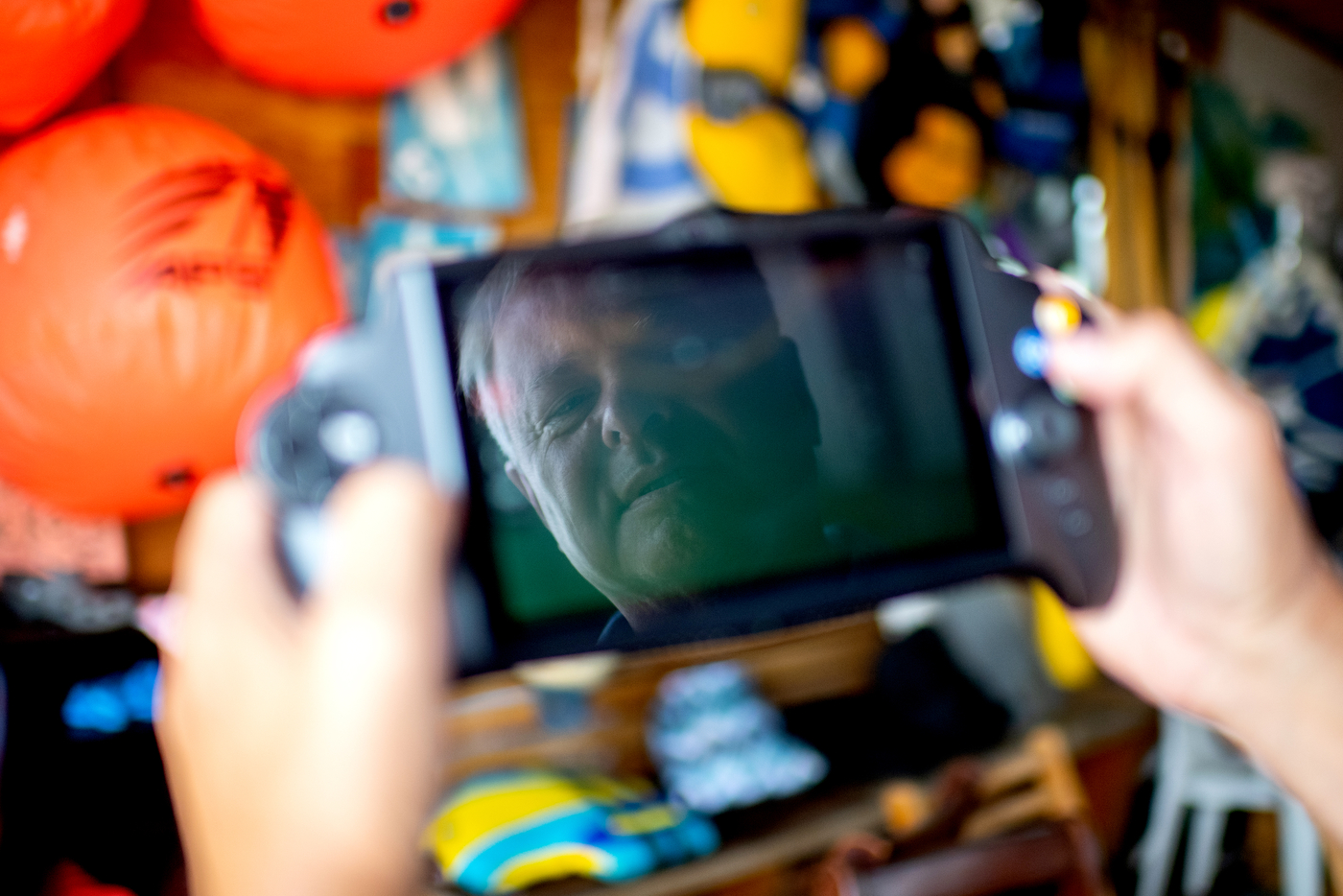
This robot is going to map uncharted kelp forests in the Arctic–and the impact of climate change
Professor of marine and environmental sciences at Northeastern, Mark Patterson, receives the Fulbright U.S. scholar award to further his research mapping uncharted kelp forests in the Canadian Arctic.
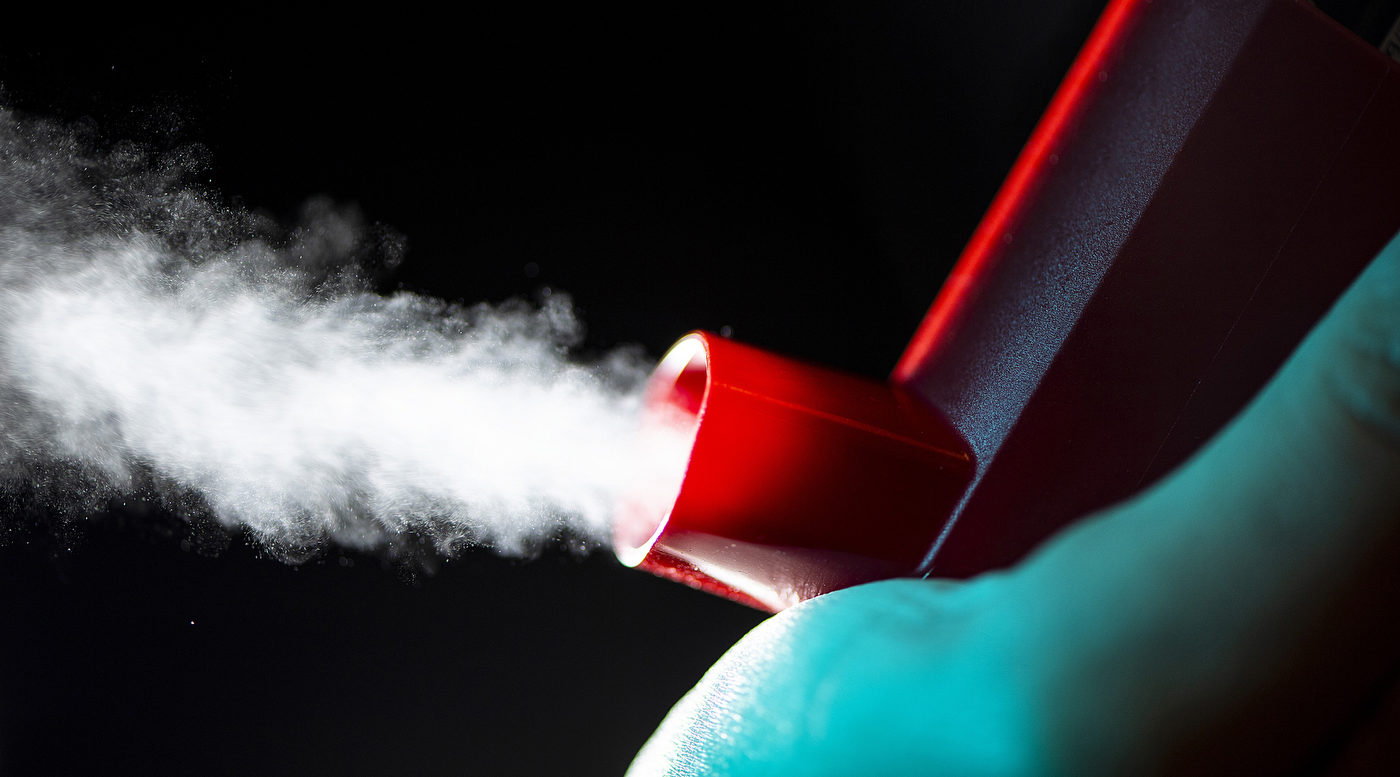
No needles? No problem. This COVID-19 vaccine could be inhaled.
Paul Whitford and a team of scientists develop an inhalable vaccine strategy in the hopes of offering a simple and efficient way of administering COVID-19 vaccines.
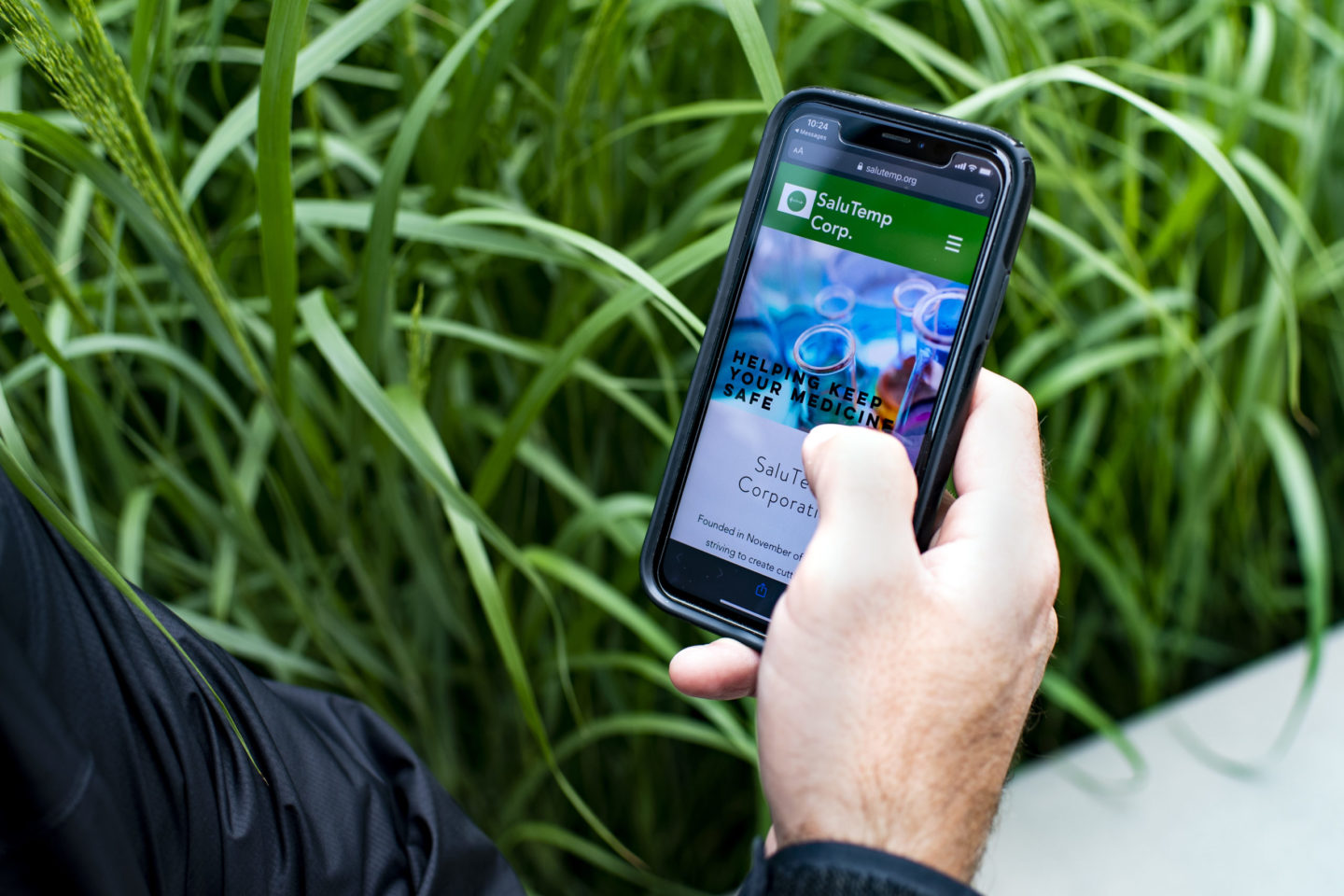
A class project inspired this healthcare device to solve a common drug storage problem
Theodora Christopher and Anastasia Mavridi received a Women Who Empower Innovator Award for their temperature-sensing device, SaluTemp.
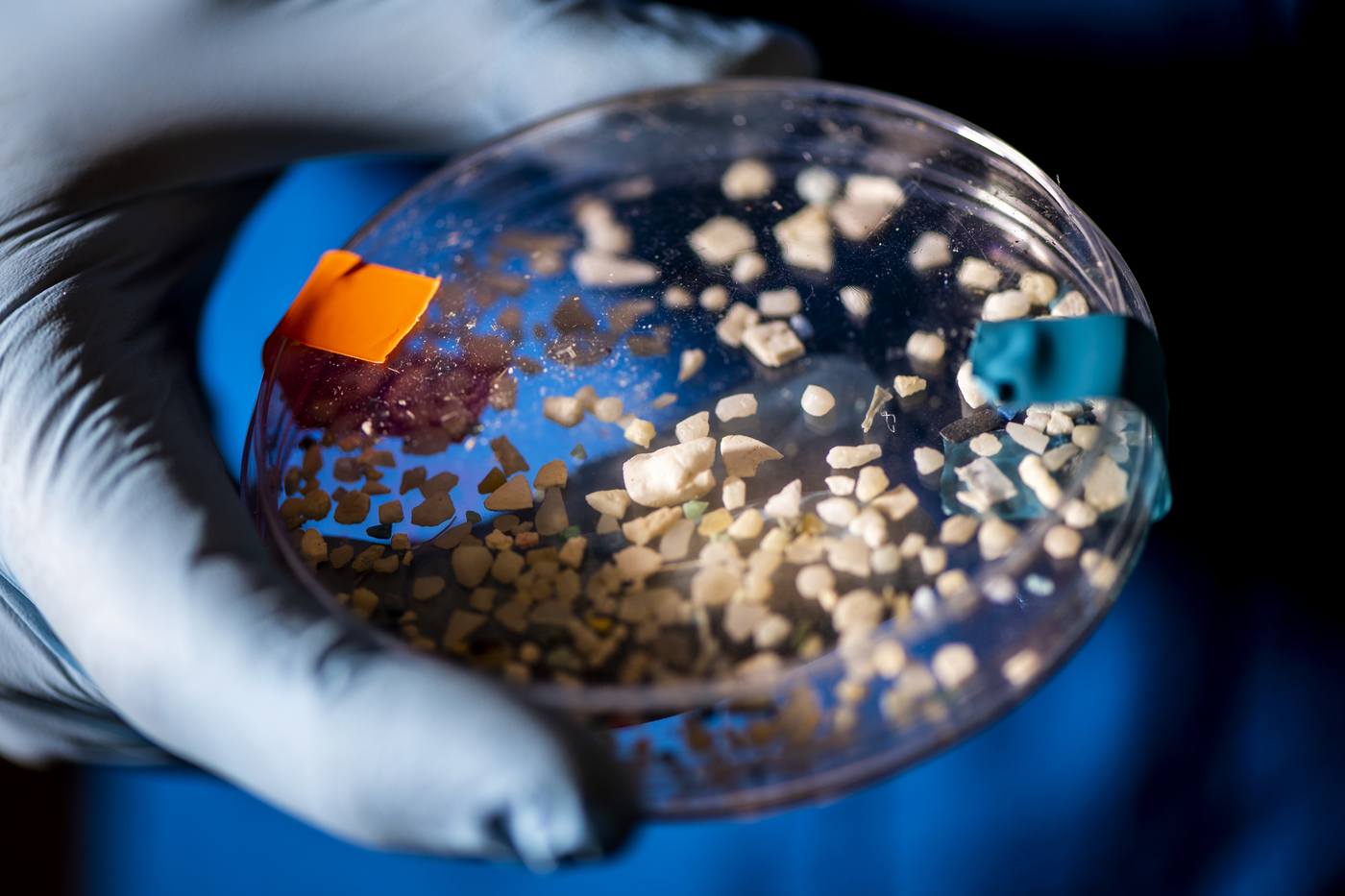
Our plastic pollution problem may have more significant consequences than we think
Plastics are everywhere - and that's a problem. New research published in Science finds that plastics may be altering the Earth’s carbon cycle and our ability to monitor it.